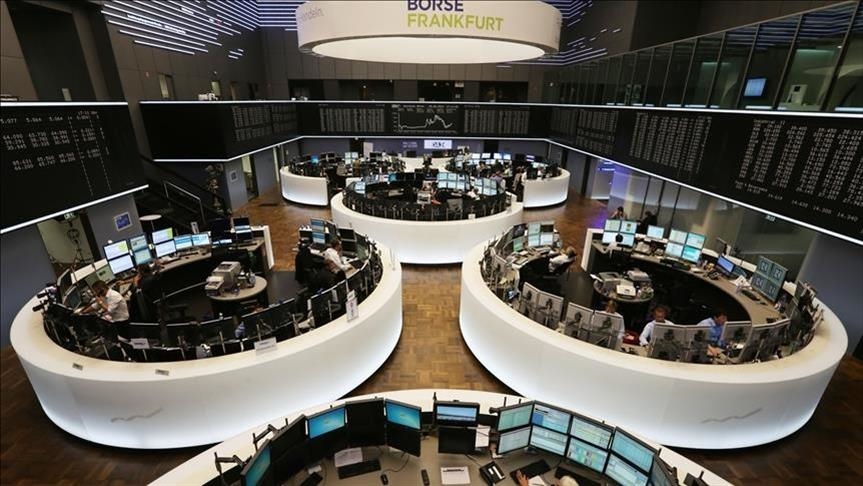Investing in the stock market can be a powerful way to grow wealth, and Europe offers a diverse and dynamic environment for both novice and seasoned investors. This guide provides a clear and concise introduction to European stock markets, their structure, and strategies to get started.
1. What Are Stock Markets?
Stock markets are platforms where shares of publicly traded companies are bought and sold. They provide a way for businesses to raise capital and for investors to own a portion of these companies, potentially benefiting from their growth.
In Europe, the stock market landscape is vast and varied, featuring prominent exchanges like:
- Euronext: Operating in multiple countries, including France, Belgium, and the Netherlands.
- London Stock Exchange (LSE): A leading global exchange, despite the UK’s exit from the EU.
- Frankfurt Stock Exchange (FSE): Germany’s primary exchange, known for its efficiency and liquidity.
2. Key European Stock Market Indexes
Indexes provide a snapshot of market performance by tracking a group of selected stocks. Some of the most important European indexes include:
- Euro Stoxx 50: Comprising 50 of the largest and most liquid companies in the Eurozone, it’s a benchmark for the region’s economic health.
- FTSE 100: Tracks the top 100 companies listed on the London Stock Exchange by market capitalization.
- DAX 40: Represents 40 major companies trading on the Frankfurt Stock Exchange, reflecting Germany’s economic strength.
Understanding these indexes is crucial for tracking market trends and making informed investment decisions.
3. Why Invest in European Stocks?
European stock markets offer several advantages for investors:
- Diverse Opportunities: From luxury goods in France to cutting-edge technology in Germany, Europe provides a wide range of investment options.
- Stable Regulatory Environment: The European Union’s strict financial regulations ensure transparency and investor protection.
- Dividend Yields: Many European companies have a tradition of paying high dividends, providing steady income for investors.
4. How to Start Investing in European Stocks
Getting started in the European stock markets is straightforward with the right approach:
- Choose a Broker: Select a reputable online brokerage that provides access to European exchanges. Look for features like low fees, a user-friendly interface, and educational resources.
- Research Stocks: Use financial news, annual reports, and analyst recommendations to identify promising companies.
- Diversify Your Portfolio: Avoid putting all your money into one stock or sector. Diversification reduces risk and increases potential returns.
- Start Small: Begin with an amount you can afford to lose, and gradually increase your investments as you gain confidence.
5. Risks to Consider
While investing in stocks offers potential for high returns, it also comes with risks. Key risks include:
- Market Volatility: Stock prices can fluctuate significantly due to economic or political events.
- Currency Risk: For non-Eurozone investors, currency exchange rates can impact returns.
- Economic Uncertainty: Factors like inflation, interest rates, and geopolitical tensions can influence market performance.
Mitigating these risks requires careful planning, ongoing research, and a long-term investment perspective.
6. Popular Sectors for Investment
Certain sectors in Europe are particularly attractive to investors:
- Technology: Rapid innovation in fintech, AI, and cybersecurity.
- Healthcare: Strong growth driven by aging populations and biotech advancements.
- Renewable Energy: Europe’s commitment to sustainability creates opportunities in wind, solar, and hydrogen energy.
Also Read: Top Investment Trends in Europe for 2025
Final Thoughts
The European stock markets present an exciting avenue for building wealth, offering a mix of stability and innovation. By understanding the basics and staying informed about market trends, beginners can make confident strides into investing. Remember, every successful investor started as a beginner—and with the right knowledge and tools, you can embark on your investment journey in Europe with confidence.
Hello friends, my name is Santanu Ray, I am a content writer. I write tech related content in this website Newslok 24.
I have more than 3 years of experience in writing blogs and I hope that you will like the information in our blog.
Stay connected to our site for latest Updates.



